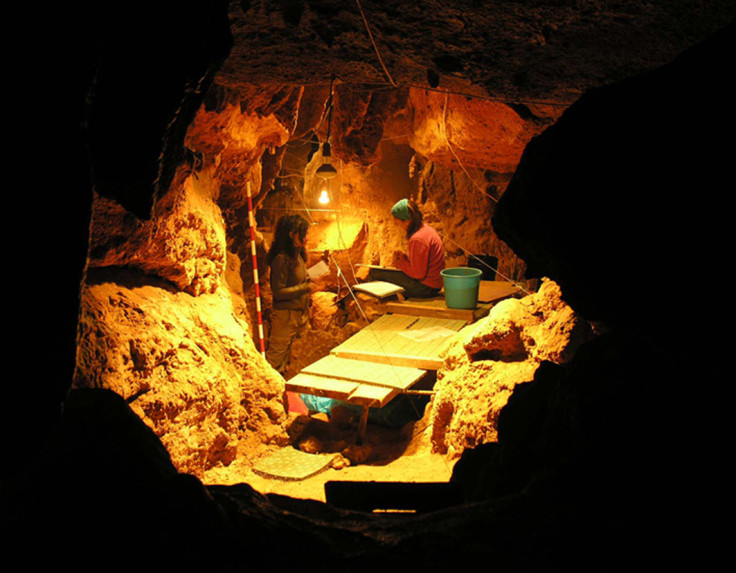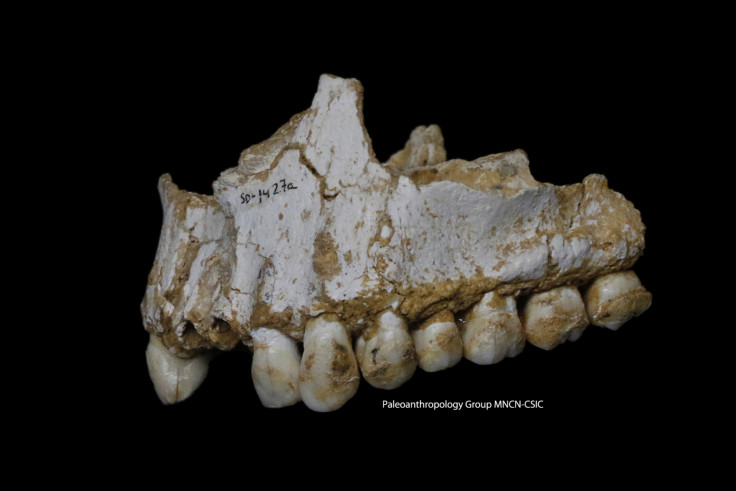Dr Neanderthal? DNA from our extinct relatives showed they used aspirin for toothache
Ancient dental plaque of Neanderthals reveals how they used plants as medicine 50,000 years ago.
Neanderthals used aspirin to treat toothache and other ailments, scientists have discovered. By analysing the DNA from dental plaque of our extinct relatives, researchers have shown how they had utilised plants for medicinal purposes up to 50,000 years ago.
Neanderthals were found across Europe from around 200,000 years ago through to 40,000 years ago, when they went extinct.
It is thought they died out as a result of competition with modern humans and an inability to adapt to a changing environment.
Traditionally, they are thought of as an inferior species, but evidence is increasingly showing they were more cognitively advanced than we once believed.
For example, they are now known to have created jewellery and collected objects of symbolic value.
Researchers from the University of Adelaide in Australia and the University of Liverpool in the UK have now found their knowledge of medicine was pretty impressive.
In a study published in the journal Nature, the team looked at ancient DNA from the dental plaque from Neanderthals that lived in Spain and Belgium between 42,000 and 50,000 years ago. "Dental plaque traps microorganisms that lived in the mouth and pathogens found in the respiratory and gastrointestinal tract, as well as bits of food stuck in the teeth – preserving the DNA for thousands of years," said lead author Laura Weyrich.

Among the findings, researchers showed the two groups (from the sites of Spy in Belgium and El Sidrón in Spain) had vastly different diets. The Belgium Neanderthals had a largely meat-based diet, feasting on woolly rhinos and mammoths, while the Spanish ate mushrooms, pine nuts, tree bark and moss.

However, they also found evidence that one Neanderthal had ingested a plant from which the active ingredient in aspirin comes from: "One of the most surprising finds was in a Neanderthal from El Sidrón, who suffered from a dental abscess visible on the jawbone. The plaque showed that he also had an intestinal parasite that causes acute diarrhoea, so clearly he was quite sick," said study author Alan Cooper.
"He was eating poplar, which contains the pain killer salicylic acid (the active ingredient of aspirin), and we could also detect a natural antibiotic mould (Penicillium) not seen in the other specimens.
"Apparently, Neanderthals possessed a good knowledge of medicinal plants and their various anti-inflammatory and pain-relieving properties, and seem to be self-medicating. The use of antibiotics would be very surprising, as this is more than 40,000 years before we developed penicillin. Certainly our findings contrast markedly with the rather simplistic view of our ancient relatives in popular imagination."
© Copyright IBTimes 2025. All rights reserved.






















